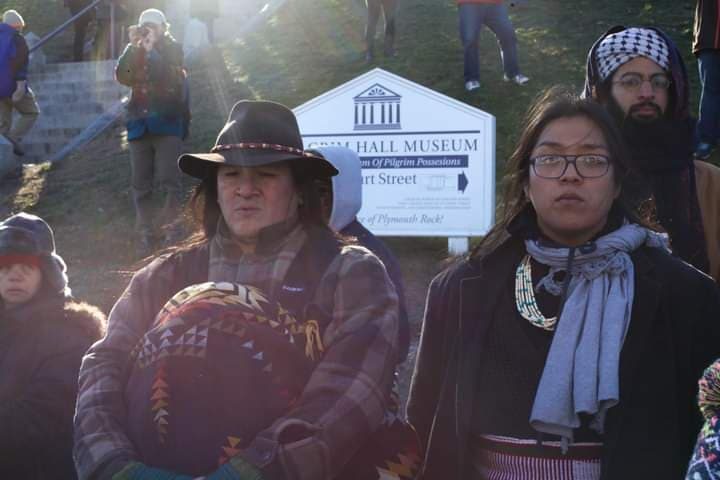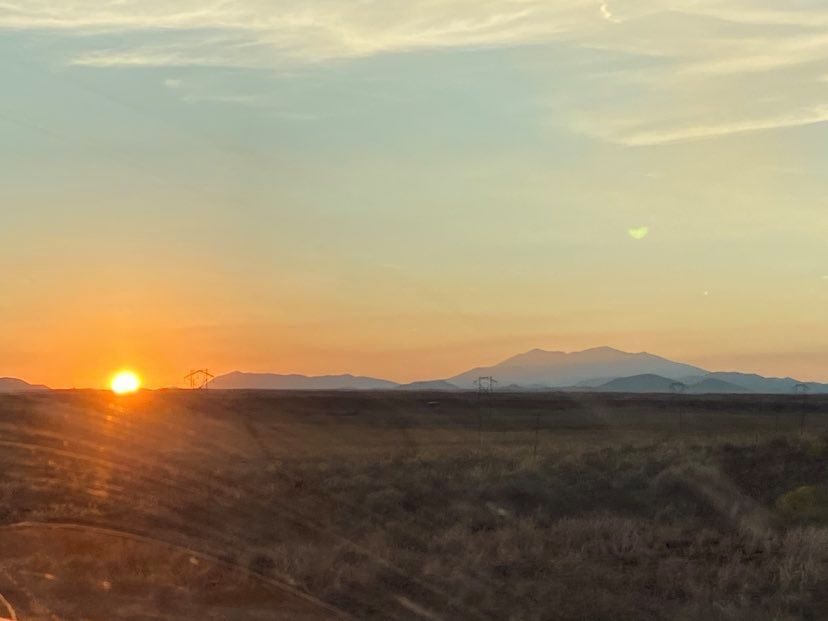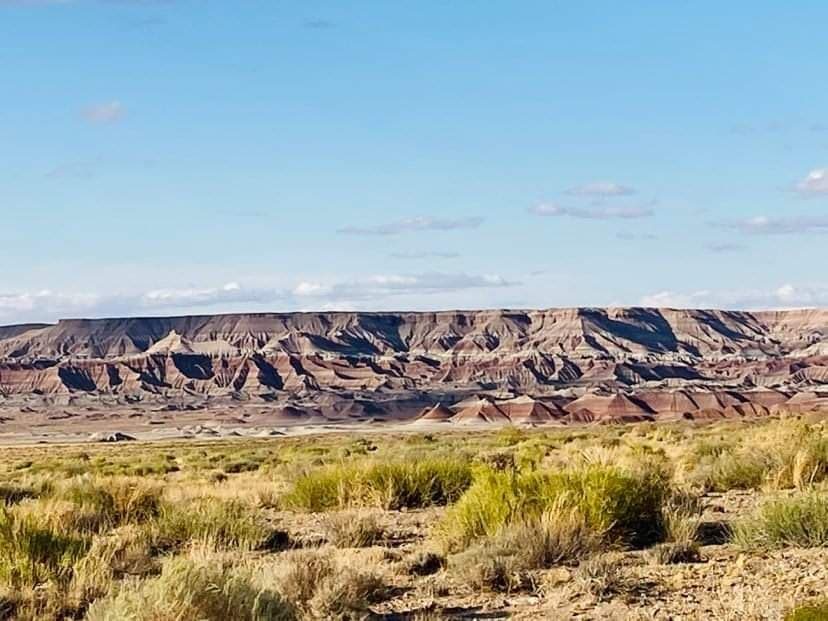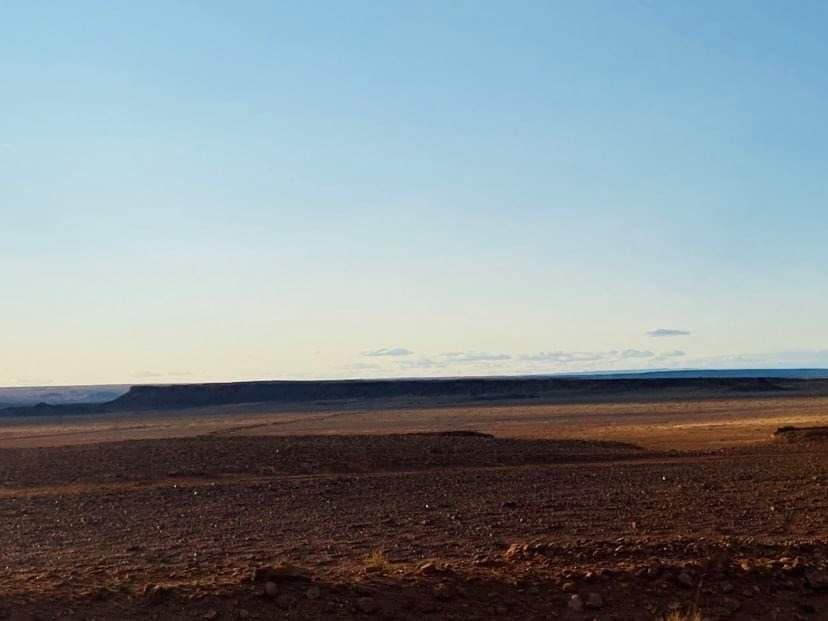
I have been to so many funerals, I have lost count.
I am not trying to say that death, or rather, my exposure to it, has made me a stronger person than you. I am saying that I have seen so many people from my community make a mark; many make a mark so monumental it could have affected the world. They are remembered only by the most intimate of friends.
Shout out to Dylan, who left too soon.
To be alive and Indigenous is to be a statistic.
A genocide is a genocide is a genocide.
Erasure is built on grounds that are unknown to most, and most definitely not to the colonizer. That is to say that you have to look at a rock in Plymouth, Massachusetts and see the evergrown seawater erosion of Indigenous people’s faces once there.
Have you ever seen a Wompanoag head placed on a spike, proof of how you conquered a people? Have you seen Taíno people massacred and forgotten on Carribean islands? Have you seen Mapuche killed in Bolivia?
A day of mourning is knowing that the oppression never ended. People are still forgotten. A day of active forgetting. People no longer exist outside of the families that exist. Family is ever smaller and smaller. Walt Whitman said that if you look under your sole you will find him. Native bones know this all too well. The land knows this all too well. Have you ever thought where the MTA lies, or where it lies about where it is?

I am asking a lot of questions since I have no idea of your knowledge of Indigeneity.
Do you claim it?
Have you seen the blood in Canada and New York, on the streets, on the intersection on Broadway?
Can you hear the sounds of languages spoken in California mountains that can no longer be understood?
Have you felt the earth underneath your naked foot in South Africa?
Have you heard the cries, or silence, of babies being drowned in rivers on the path of the Long Walk in New Mexico?
English is a colonizer’s language. Spanish is a colonizer’s language. French is a colonizer’s language. Dutch is a colonizer’s language. Ever wonder why the Diné word for money is béeso? Just because you have universal healthcare does not mean you are exempt from the amputation of Indigenous rubber plantation worker’s limbs, nor mica mine inhalation. Ever wonder why Indigenous land is preyed upon for resource extraction for countries like yours?
A day of mourning is to know, to remember what you have taken from us. Your democracy, your communism, your feudalism, your life, and your death from us.
Not to say we are perfect, for we are not. But we did not push our earth to global warming of unsustainable degrees. We were relegated to unworthy land deemed worthy for energy consumption, deemed worthy for forgotten humans death.
What is mourning to you?
What is the act of remembering?
In the anthology Reinventing the Enemy’s Language: Contemporary Native Women’s Writings of North America, the authors conceived the idea between Native women around a kitchen table. They go on to speak of the weary ear given to writing, the academy, the most foundational aspect of colonial thought, or as Scott Lauria Morgenson says in the December 2012 volume of American Quarterly, “a settler apparatus of colonization.” Aimee Carillo Rowe goes on to say in the same journal that this form could alienate the person from the community, the Indigenous from their land. Linking the written word to the community is needed.
In a Kearney et al. study from 2009 titled “Posttraumatic Stress Disorder in Maltreated Youth: A Review of Contemporary Research and Thought” the researchers concluded that PTSD may occur following an extreme stressor involving threat to one’s physical integrity, witnessing such a threat occur to someone else, or learning of a threat or actual harm to close associates, such as family members.
Intergenerational.
The act of remembering is a foundation of trauma and, as Judith Herman says in Trauma and Recovery, is to come face to face both with human vulnerability in the natural world and with the capacity for evil in human nature.
Confrontation is recovery.
As Beth Brant says in A Gathering of Spirit: A Collection by North American Indian Women that “ The power of spirit; spirit manifested in the land we walk on, the food that faithfully grows out of that dirt.”
Remembering is mourning. The Day of Mourning is what you may call Thanksgiving. A day to remember those who were taken too quick, taken in the name of resources, of political silencing, in the name of sex and biological experimentation, taken through the act of colonial murder or by their husbands. Taken for the fact of simply existing.

A Day of Remembering.
A Day of Remembering Missing and Murdered Indigenous Women.
A Day of Remembering Missing and Murdered Two-Spirit Relatives.
This day is something of a remembering, a collective tear for those once here. A celebration of those who are still here. No one ever really leaves.
This is a day of love. We want to be with the ones once here, the ones who we cannot see because of a pandemic. We want the family built because we were barred from our home for reasons too long to list.
Let me tell you this: I do not know you, may never meet you, may never see you, but know that I love that you are alive. That you are breathing. That you are able to be here a bit longer. If you are to leave before I ever meet you, I will always remember you.
I am not afraid to meet my ancestors again.
When you cut into your food, do me a favor: my sister, my brother, my relative. If you read this, if you hear me, if I am gone by next year.
Remember those who have come.
It was not an amicable coming to this so-called country.
You are on Native Land.

THIS IS PART OF OUR NEW PERSONAL ESSAY SERIES
email submissions to sam@ladygunn.com
photos / courtesy of Monte Stevens + Larita Stevens
editor / E.R. Pulgar
story / Monte Stevens
